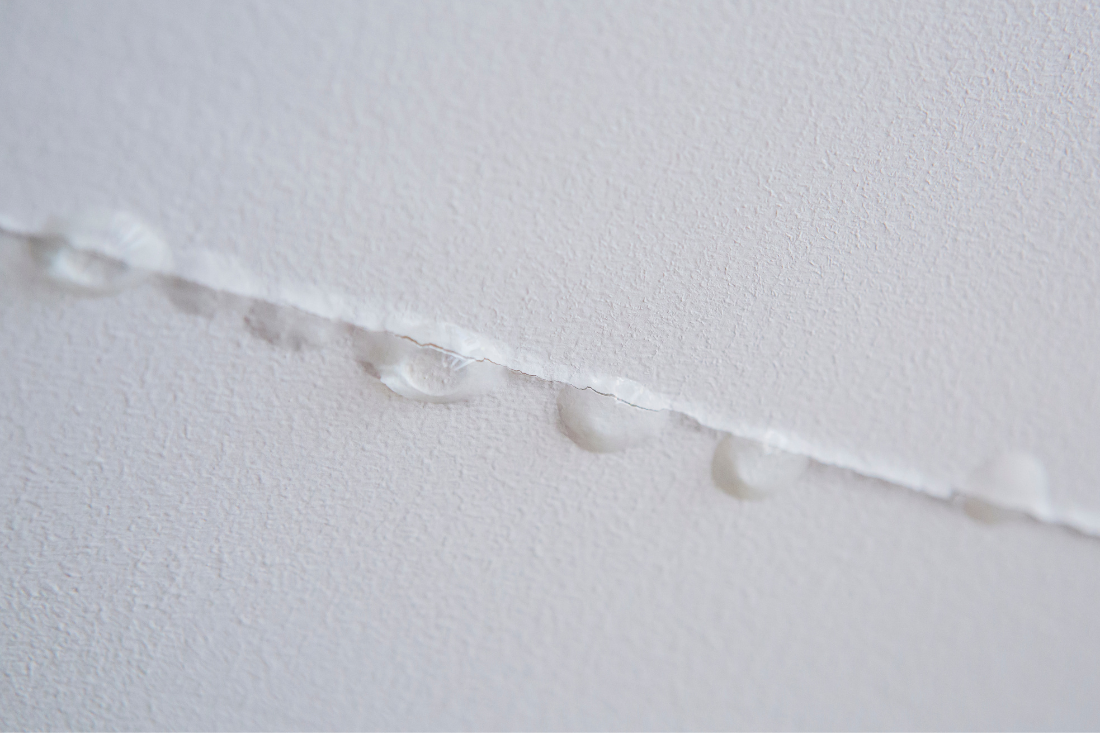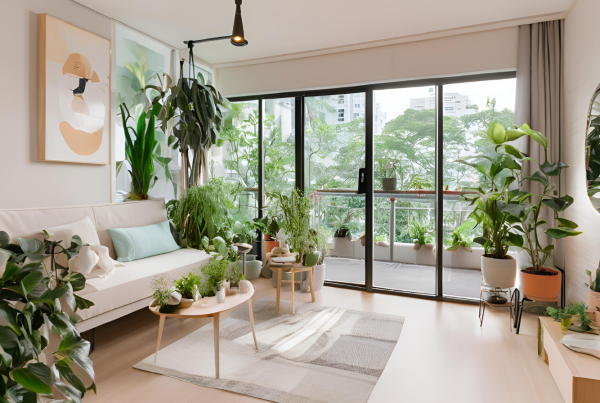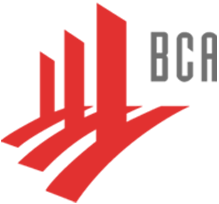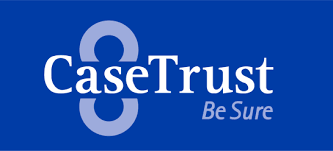As homeowners, it is our responsibility to regularly check and maintain our HDB flats, including their internal fittings and fixtures. Regular maintenance not only preserves the aesthetics and functionality of your living space but also helps prevent issues from deteriorating, becoming safety hazards, and incurring higher repair costs. In this essay, we will discuss various aspects of home maintenance and provide tips to help you get started.
Ceiling Leaks
Ceiling leaks are a common issue in older flats, especially in wet areas like bathrooms and toilets. These leaks occur when the waterproof membrane and screed in the floor slab deteriorate due to wear and tear, leading to water seepage. Common signs of an HDB flat ceiling leak include watermarks or stains extending from the ceiling along the wall.
If you encounter a ceiling leak, both upper and lower-floor flat unit owners are responsible for its maintenance. If the leak is from the roof of the block (for top-floor units), you should contact your Town Council to have it rectified. If you’re on the second floor and water is leaking to the void deck, the cost of repair is typically shared between the Town Council and yourself.
The recommended repair for a ceiling leak is re-screeding, which involves removing the tiles to replace the waterproof membrane and screed. However, depending on the severity of the leak, alternative repair methods may be required. It’s essential to discuss the best option with your contractor.
Spalling Concrete
Spalling concrete is another issue often found in older flats, occurring when steel bars embedded in the ceiling deteriorate, causing pieces of concrete cover to fall off. This problem is more prevalent in high-humidity areas like bathrooms and may manifest as an HDB flat ceiling crack.
To prevent spalling concrete, consider the following measures:
- Repaint your ceilings regularly to provide a protective layer.
- Reduce humidity in wet areas by improving ventilation.
- Seal ceiling cracks promptly.
Early identification of spalling concrete is crucial, as addressing it promptly can prevent it from becoming a safety hazard.
Windows
Windows are often overlooked but play a crucial role in protecting your home from the elements. Over time, they can sustain damage due to exposure to harsh conditions such as extreme weather and dust accumulation.
Regular checks are essential to maintain your windows. Follow the 3Cs: Check, Clean, and Change. If you find any issues, engage a contractor from the Building and Construction Authority (BCA)’s list of Approved Window Contractors for repair or replacement. Neglecting window maintenance can lead to serious consequences, including fines and legal repercussions.
Dislodged or Popping Tiles
Tiles in your flat may become dislodged or pop due to temperature changes or water absorption. If your flat is within its defect liability period (usually one year), HDB can help with repairs. They also offer goodwill repairs for dislodged tiles they provided for up to 15 years. Beyond 15 years, you should arrange for repairs with your contractors.
While waiting for repairs, take the following precautions:
- Wear gloves to remove dislodged tiles and store them safely.
- Cover the affected area with cardboard, newspapers, or carpets.
Wall Cracks
Cracks in walls can occur due to the natural expansion and contraction of building materials over time. For hairline cracks, you can seal them with flexible sealant or elastomeric paint. If the cracks are wider, it’s best to engage a contractor for repair.
If you notice cracks outside your flat, contact your Town Council to investigate and carry out the necessary repair works.
Regular home maintenance is essential to ensure the longevity and safety of your living space. Consider setting aside a home maintenance budget for unexpected issues. For new flat owners, HDB provides extended warranties for specific defect types, offering peace of mind. Remember, taking care of your home not only enhances your quality of life but also safeguards your investment.







